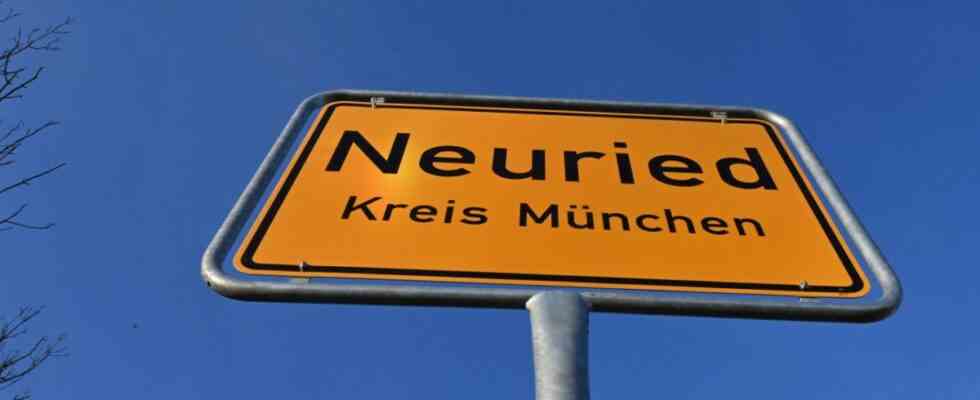Week after week, far-reaching decisions are sometimes made in municipalities: a new road construction, a cycle path, a huge commercial building, a new school and much more. But where is the journey going in the long term? What should mobility, environmental protection, leisure activities, education, housing, work and business look like in the future so that everyone feels good? The municipality of Neuried wants to think about this and create a town guide as a compass for future decisions. The basic decision was made in 2020, and nothing has happened since then. Now the parliamentary group of the Green Movement wants to get involved. This reveals deep rifts in the municipal council on the question of how to proceed.
The agenda item at the most recent council meeting started with a bang. Birgit Zipfel (Greens) accused the CSU parliamentary group of a lack of constructive work and destructive complaining instead of valuable contributions in terms of content. A general criticism that was sparked by the debate on the model. In order to develop such a model, a methodology is necessary, the Greens believe and therefore proposed in an application to find out more about the community welfare economy matrix specially developed for municipalities and to invite citizens to an information event. The matrix is a practical tool that helps to define goals and measures. According to the application, the Common Good Economy (GWÖ) is based on an economic system that serves the well-being of all citizens. As an example of a successful mission statement process, Birgit Zipfel named the municipality of Postbauer-Heng in the Upper Palatinate, which has anchored the common good economy in the mission statement, headed by the CSU mayor Horst scratches. Representatives of this community should be invited to an information event in Neuried.
The CSU smells “eco-socialism”, the Greens are surprised about “ideological fears”
The CSU parliamentary group did not want to get involved in this approach. Peter Kellner (CSU) considers the GWÖ to be a “general political movement that wants to change the global economic order”, the parliamentary group leader Michael Zimmermann (CSU) considers it to be “a dangerous thing” and Paolo Brenner (CSU) senses an “eco- Socialism”, with which one wants to impose something on the citizens. Other councilors were more curious. Andreas Dorn (independent) pleaded for the information event: “An argument does not harm us.” Robert Hrasky (Bündnis Zukunft Neuried) was open to a debate and Dieter Maier (Greens) wondered about “ideological fears”.
Andreas Giese (CSU), expressly praised by the Greens as the only constructive interlocutor in his parliamentary group, and Mechthild von der Mülbe (SPD) spoke out in favor of examining other methods for developing a model. The idea was included in the motion of the Greens, as was the expansion of the working group to include representatives from all parliamentary groups. The Green motion was passed by a majority. In six months, results on various methods of developing models are to be presented and the Upper Palatinate GWÖ role models will be invited to Neuried.

